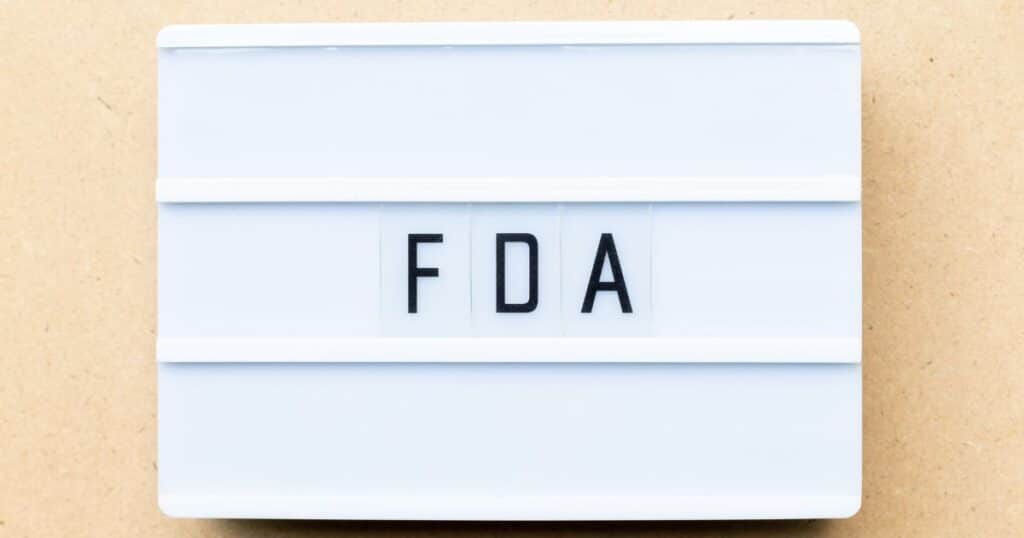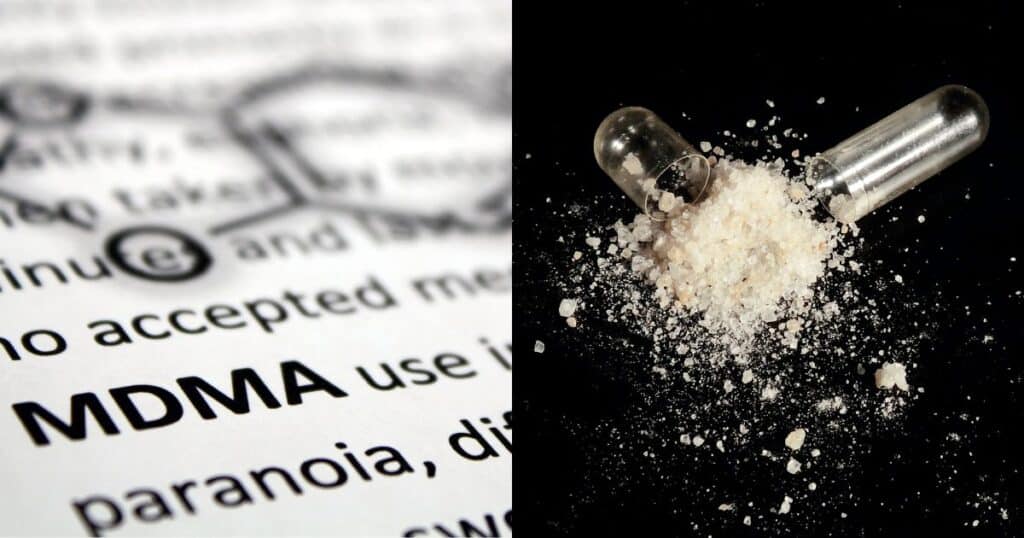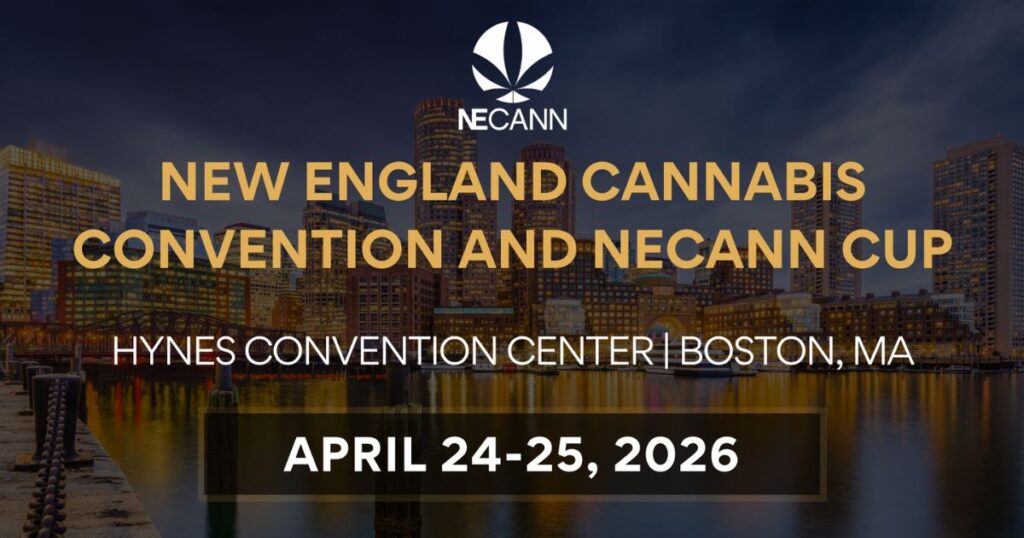Exploring MDMA-assisted therapy as a means to treat mental health conditions has been an emerging field of medical research. The possibility of using MDMA as a therapeutic tool for post-traumatic stress disorder (PTSD) has garnered both immense interest and rigorous debate.
However, recent developments have cast a shadow over the hopeful trajectory of MDMA therapy. A panel of Food and Drug Administration (FDA) advisors pointed to substantial gaps in research data, raising red flags concerning the effectiveness and safety of this new approach.

FDA Advisors Reject MDMA-Assisted Therapy Citing Research Flaws
The panel, comprised of an array of experts, asserted that the evidence presented fell short of establishing the efficacy of MDMA when combined with talk therapy for treating PTSD, as reported by NPR. This stance was evident when the panel decided, with an overwhelming majority voting against the drug’s effectiveness (9-2) and its risk-to-benefit ratio (10-1).
Lykos Therapeutics, a major advocate for MDMA-assisted therapy, could see its efforts for FDA approval jeopardized due to the weight normally carried by such advisory panel decisions.
Although the FDA does not have to follow the panel’s recommendations, the panel’s expressed unease casts uncertainty over MDMA’s future as a PTSD treatment option.
The lengthy deliberations echoed significant concerns about the integrity and robustness of the clinical trials. The panelists, alongside FDA staff members, deliberated on the ambiguity of data and the allegations regarding misconduct and bias that could have distorted the outcomes of the trials. Melissa Barone, a psychologist with the VA Maryland Health Care System and advisory panel member, articulated unease about these collective issues, underscoring the gravity of their cumulative impact.
“It seems like there are so many problems with the data,” said Melissa Barone, one of the panelists and a psychologist “It seems like there are so many problems with the data,” said Barone. “Each one alone might be okay, but when you pile them up on top of each other…”. “Each one alone might be okay, but when you pile them up on top of each other…”
Unraveling The Insights From The MDMA Study
The controversy intensified as the details of the study participants became known—about 40% had previous experiences with MDMA, potentially skewing the results. Furthermore, critics highlighted shortcomings in the follow-up study suggesting beneficial effects persisting up to six months, including a notable dropout rate and unaccounted influences like additional therapy or the use of illicit drugs.
The backbone of the therapy, the specific form of talk therapy used in conjunction with MDMA, was another point of contention, with an absence of convincing data to endorse its application outside the clinical trial environment.
Despite this, personal testimonies conveyed during the public comment segment of the panel meeting painted a picture of hope. Individuals who underwent the MDMA treatment shared transformational experiences, advocating strongly for the therapy’s official recognition.
“I fear what will happen to them if this therapy is not approved,” said Jonathan Lubecky, a veteran who underwent MDMA-assisted therapy ten years ago, “Imagine how many lives your vote could save. Imagine how many will be lost if you did vote against this vital therapy.”
Despite the setbacks faced in the quest for MDMA-assisted therapy, other avenues of research have shown promising results, particularly those sponsored by the Department of Veterans Affairs (VA). VA-sponsored studies have highlighted alternative treatments that significantly benefit veterans dealing with PTSD.
Decoding the FDA Panel’s Decision Denying Psychedelic-assisted Therapy for PTSD Treatment
In a resounding dismissal, the FDA panel voted against endorsing both the safety and efficacy of MDMA for PTSD treatment. Panelists underscored insufficiently clear data and the risk of harmful side effects as cores of their reservation.
The meeting marked the first instance in which federal regulators contemplated the clearance of a Schedule 1 psychedelic drug for medical purposes. Given the gravity of the situation and the historical context, the negative advisory poses a serious obstacle to incorporating psychedelics into standardized mental health treatment protocols.
Lykos Therapeutics, supported by MAPS (Multidisciplinary Association for Psychedelic Studies), voiced its intention to collaborate with the FDA for future approval despite the disappointment echoing through the committee’s chambers.
Critiques from the panel took aim at issues ranging from the studies’ lack of participant diversity and questions surrounding replicability to the challenges inherent in studying psychedelics’ subjective effects. Advocacy groups, however, lambasted the panel’s verdict, arguing intense focus on the data’s imperfections overshadowed the compelling need for effective PTSD treatments.
The FDA plans to release its final verdict by August 11.

The FDA advisory panel’s decision delivers a potent reminder of the complexity and challenges involved in pioneering medical therapies, particularly those involving substances with a controversial legacy.
While psychedelic research faces an uphill battle in demonstrating its potential benefits within the stringent confines of medical and regulatory scrutiny, the dialogue generated by such endeavors is invaluable.
It sparks a necessary discourse on the future of innovating treatment options for mental health conditions—a discourse that will evolve as further data emerges and societal perspectives shift.























